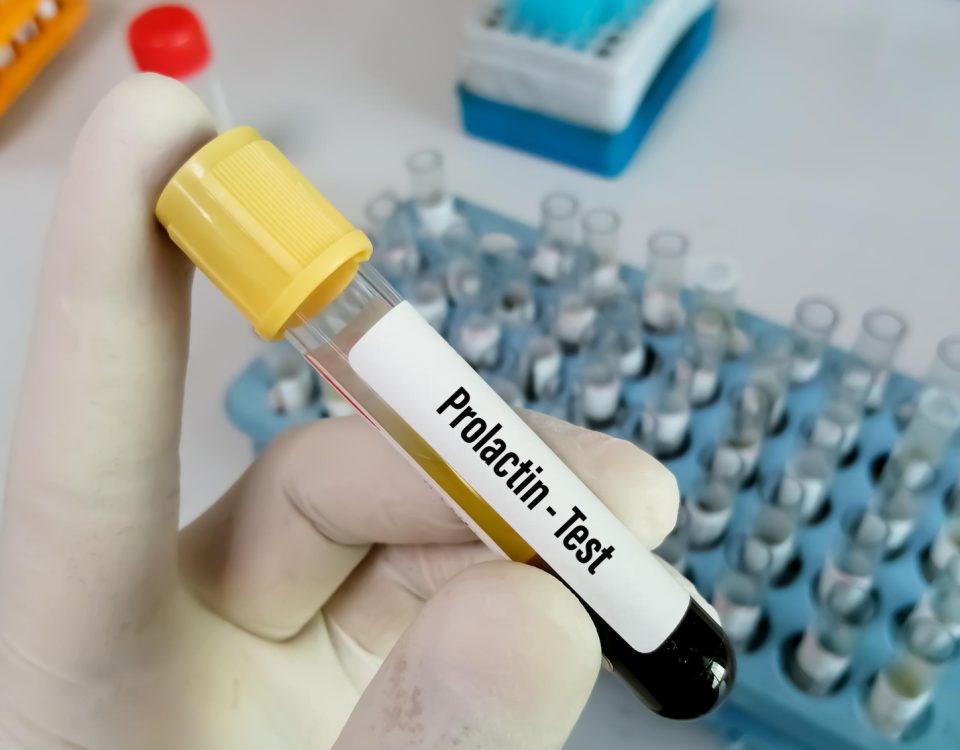
Testosterone levels by age: What is the normal range?
May 16, 2025
Blood Testosterone and Physical Activity: How to Stay Healthy with Proper Exercise
July 22, 2025
Testosterone is the principal male sex hormone, playing a key role in sexual function, energy levels, muscle mass, mental health, and overall well-being. While many men focus on nutrition, exercise, and supplements to optimize their testosterone levels, a critical factor is often overlooked: sleep.
Adequate and high-quality sleep is fundamental for normal testosterone production. Sleep deprivation can lead to significant hormonal imbalances—even in young, otherwise healthy men. This article explores the connection between sleep and testosterone, the consequences of poor sleep on male health, and evidence-based strategies to improve sleep quality.
What Is Testosterone and Why Does It Matter?
Testosterone is a steroid hormone primarily produced in the testes (and to a lesser extent in the adrenal glands). It plays a vital role in:
- The development of male secondary sexual characteristics during puberty
- Maintenance of muscle and bone mass
- · Libido and erectile function
- Sperm production
- Mood regulation and psychological well-being
When testosterone levels fall below the normal range, symptoms may include fatigue, reduced sexual desire, irritability, difficulty concentrating, loss of muscle mass, and increased body fat.
The Link Between Sleep and Testosterone Production;
Testosterone secretion follows a circadian rhythm—an internal biological clock influenced by the sleep-wake cycle. Levels typically rise during the night and peak in the early morning hours, which explains the phenomenon of «morning erections».
The most significant testosterone production occurs during deep stages of sleep, including both REM and non-REM phases. Therefore, insufficient, fragmented, or poor-quality sleep can suppress natural testosterone secretion.
What the Research Says
Multiple clinical studies have demonstrated a direct link between sleep and testosterone levels:
- University of Chicago (2011): Healthy young men who slept only 5 hours per night for one week experienced a 10–15% drop in testosterone levels—equivalent to the decline typically seen over 10 to 15 years of aging.
- Journal of the American Medical Association (JAMA): Insomnia and poor sleep quality are associated with significantly lower serum testosterone, regardless of age.
- National Institutes of Health (NIH): Sleep duration of less than six hours is associated with elevated cortisol levels (the stress hormone) and decreased testosterone production.
How Poor Sleep Impacts Male Health
Low testosterone levels due to inadequate sleep can lead to:
- Reduced libido: Testosterone plays a direct role in maintaining sexual desire.
- Fatigue and lack of energy: Sleep loss leads to physical and mental exhaustion.
- Increased body fat: Low testosterone slows metabolic activity.
- Loss of muscle mass: Testosterone is essential for protein synthesis and muscle maintenance.
- Mood disorders: Hormonal imbalances can contribute to depression, anxiety, and reduced motivation.
Additionally, disrupted sleep increases cortisol levels, which further suppresses the hypothalamic-pituitary-gonadal (HPG) axis responsible for hormone regulation, compounding the decline in testosterone.
Evidence-Based Tips for Better Sleep and Hormonal Health
To maintain optimal testosterone levels naturally, sleep hygiene is essential. Here are practical and medically supported recommendations:
1. Maintain a consistent sleep schedule
Go to bed and wake up at the same time every day—even on weekends. This supports circadian rhythm stability.
2. Minimize screen exposure before bedtime
Blue light from screens suppresses melatonin, the hormone that regulates sleep. Avoid electronic devices at least one hour before bed.
3. Optimize your sleep environment
Ensure your bedroom is cool, dark, and quiet. An ideal room temperature is around 18–20°C (64–68°F).
4. Limit alcohol and heavy meals before sleep
Alcohol and fatty foods can disrupt deep sleep stages, impairing hormonal recovery.
5. Exercise regularly—but not too late in the evening
Moderate daily physical activity enhances sleep quality and boosts testosterone levels. However, vigorous exercise close to bedtime may delay sleep onset.
Sleep and the Modern Man’s Health
In today’s fast-paced world, many men sacrifice sleep due to demanding work schedules, digital overstimulation, and chronic stress. However, chronic sleep deprivation not only impairs cognitive function and performance but also has cumulative effects on the endocrine, cardiovascular, and mental health systems. Prioritizing sleep is not a luxury—it is a critical investment in long-term health, physical resilience, and overall vitality.
Prevention and Early Detection Matter
Testosterone deficiency often develops gradually and may initially present with subtle symptoms—such as low motivation, mild mood swings, or intermittent sleep disturbances. These signs are frequently attributed to stress or aging. However, a simple blood test can reveal underlying hormonal imbalances before they progress. Early diagnosis and preventive care are key to preserving health and functionality.
It’s Time to Prioritize Your Well-Being
Testosterone and sleep are intricately connected. Quality sleep is not just part of a healthy lifestyle—it is a foundational factor for hormonal balance, sexual health, muscle strength, and psychological wellness. Taking care of your sleep means taking care of your entire self.
If you notice that sleep issues are affecting your mood, performance, or sexual health, hormone assessments like those offered by Mentest can provide essential insight and help you make informed health decisions.
Let sleep be your ally in strength, balance, and vitality.




